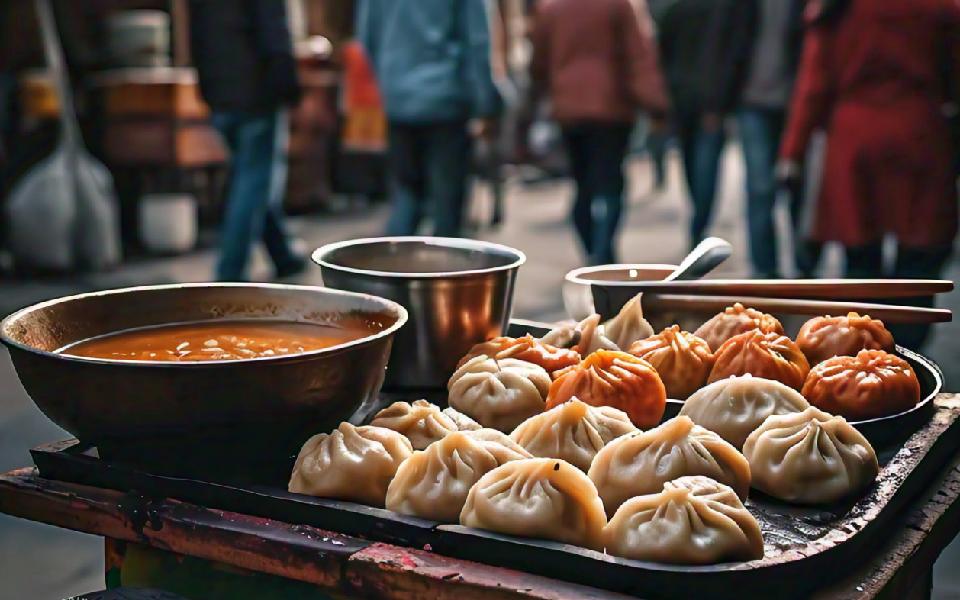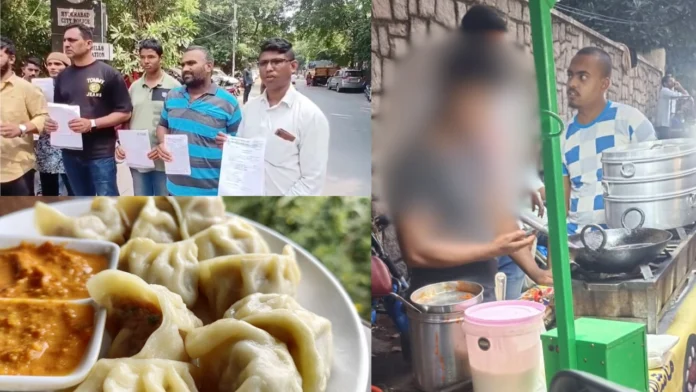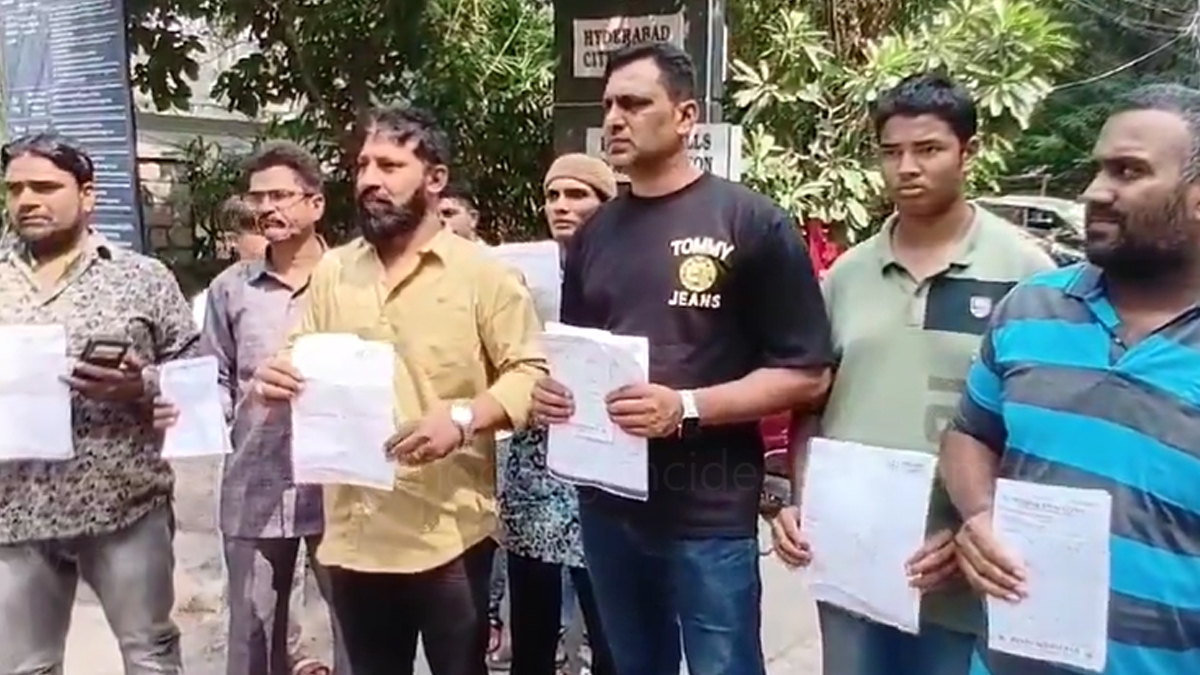In a tragic food poisoning incident in Hyderabad’s upscale Banjara Hills area, a woman has lost her life, and over 20 individuals are currently receiving medical treatment after consuming momo from a street vendor. This outbreak highlights a growing concern in India regarding food safety, especially with the rise in street food consumption, which often lacks proper health and hygiene protocols. The authorities have since launched an investigation, and samples from the vendor’s stall have been collected for testing.
Outbreak Triggers Investigation: Momo Vendor Booked, Samples Sent for Testing
The food poisoning case came to light last Friday when numerous residents of Nandi Nagar reported severe symptoms, including vomiting, diarrhea, and abdominal pain, shortly after eating at a local Momo stall. The deceased, an unnamed married woman from Singadikunta, succumbed to the foodborne illness, while over 20 others were rushed to local hospitals and are under medical observation. In response to multiple complaints, the Banjara Hills police have registered a case, and the Greater Hyderabad Municipal Corporation (GHMC) has taken action against the vendor, operating under the name WOW Hot Momo/Delhi Hot Momo.
Health officials have traced the vendor’s location, originally operating out of Chintal Basti in Khairatabad, and collected food samples from his stall for laboratory testing. A statement from the GHMC additional commissioner of health assured the public that swift measures are underway, noting, “The food samples have been sent for testing, and action has been initiated against the vendor.” This incident has not only spurred an investigation into the immediate cause of contamination but has also underscored the urgent need for rigorous hygiene standards among street food vendors.
The Rising Popularity—and Risk—of Street Food in Hyderabad
Momo, a traditional steamed dumpling originating from northern regions, have become an incredibly popular street food choice in Hyderabad. Sold across high-traffic areas like Banjara Hills and Jubilee Hills, they attract thousands of customers each day, particularly due to their affordability and convenience. Yet, with this surge in popularity, foodborne illnesses linked to street food are also on the rise, driven by lax hygiene and questionable food preparation practices.
In many cases, these roadside vendors, in a bid to keep costs low, use questionable ingredients that pose significant health risks. Reports indicate that some vendors may use counterfeit paneer made from low-cost vegetable oil, rotting tomatoes for chutneys, and unfiltered water for cooking—practices that not only compromise food quality but can lead to severe health consequences. In densely populated areas where food stalls are commonplace, the risk of contamination is exacerbated by inadequate sanitation and a lack of oversight, a concerning trend in India’s urban centers.

Growing Food-Related Health Risks in India: The Need for Vigilance.
The rise in food-related illnesses linked to street food in India calls for both stricter regulatory enforcement and greater public awareness. Many vendors, lacking formal training in food handling, fail to meet basic hygiene standards, leading to potential bacterial contamination. Moreover, they are often incentivized to cut corners on food quality to keep prices competitive, especially when customers do not demand transparency or sanitation checks.
In light of incidents such as the Hyderabad outbreak, it’s critical for consumers to be vigilant when choosing street food vendors. Observing the stall’s cleanliness, asking questions about the source of ingredients, and ensuring the vendor follows basic sanitary practices can go a long way in preventing foodborne illnesses. The affordability of street food should not come at the cost of health, and consumers must be cautious to protect themselves against potentially life-threatening contaminants.
This tragic episode in Hyderabad has cast a spotlight on the urgent need for better food safety standards for street vendors. With increased demand for accessible food options, Indian cities must find a balance between the convenience of street food and the necessity of public health measures. For those affected, the incident is a painful reminder of the hidden risks behind seemingly harmless indulgences, prompting a closer look at India’s approach to food safety and consumer protection in the informal food sector.
As authorities await the results of the food sample tests, Hyderabad remains on high alert, and residents are urged to exercise caution when consuming street food, particularly from vendors whose hygiene practices are in question. This tragedy serves as both a wake-up call and a cautionary tale, emphasizing that while street food may be tempting, the unseen health hazards make it imperative to prioritize safety and quality over convenience.


